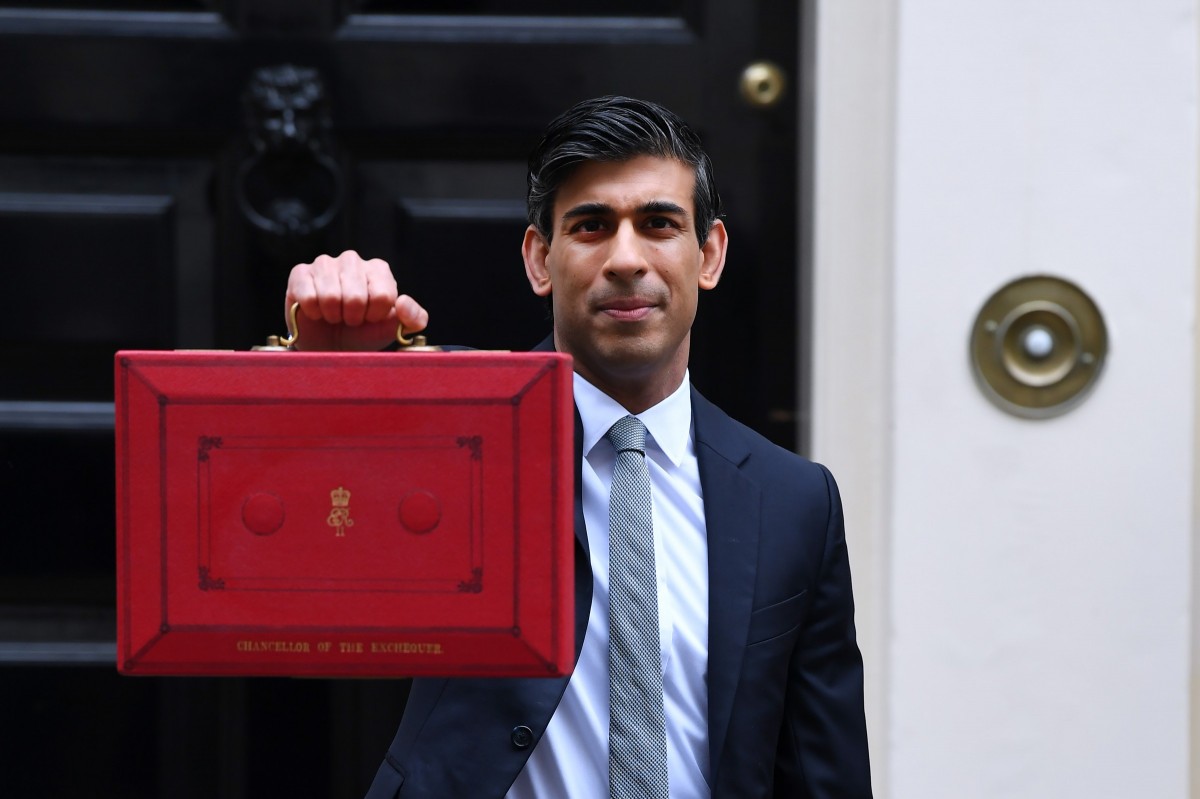UK Budget Offers Solid Support For Spring Recovery
The UK Chancellor has unveiled a large package of measures to help the economy through what is likely to be a delicate reopening process. Extended furlough and cashflow support should help minimize the rise in unemployment to 6-6.5%, though inevitably some workers and firms will slip through the cracks meaning a full economic recovery will take time.

There's plenty of near-term support from the Chancellor
For all the recent talk about fiscal consolidation, UK Chancellor Rishi Sunak’s overwhelming priority was always about navigating the economy successfully through what is likely to be a delicate recovery phase. And on the face of it, his budget should go some way to achieving that.
In total, near-term support amounts to £44bn (2% GDP) according to the Office for Budget Responsibility (OBR), and means the 2021/22 deficit is projected to stay above 10% of GDP.
The Chancellor has extended the furlough scheme, which allows employees to receive 80% of their usual wages. The key thing here is that the scheme will be open, albeit made marginally less generous for employers, until September. Assuming the reopening plan goes as hoped, that should help limit job losses when the scheme ends to roles that are definitely no longer viable.
Based on recent job data, we think this could amount to as many as half a million jobs, which would translate into an unemployment rate of 6.5% later this year (from roughly 5% now) - which is also the view of the OBR.
The fact that the Treasury has opted against ending the scheme in June when social distancing restrictions are set to end, suggests they are keen to avoid a repeat of last autumn, where firms started making redundancies in advance of the original furlough expiry date.
Cashflow remains Sunak's major challenge
The bigger challenge though for Sunak is keeping firms afloat through the recovery. While cash reserves have generally risen on aggregate among corporates, alarm bells have started to ring among hospitality/consumer services. Half say they have less than four months' worth of cash, while almost a third say they have little or no confidence they can survive the next three months, according to ONS surveys.
The budget goes some way to addressing this - with all the levers pulled so far in the crisis, including grants, VAT cuts etc., extended. The prospects of a sustained reopening should also help minimize the number of firms that actually go under.
There are admittedly some caveats. At some point, the ban on commercial evictions will end, raising the question of what happens to months of unpaid rent for many high-street firms. Repayments on government-guaranteed loans will also begin later this year.
All of this matters because reducing the unemployment rate will rely upon fostering the services sector back to a strong enough financial position to support both workers coming off furlough, but also in actively reducing unemployment. This is one reason why we expect the unemployment rate to take time to re-converge on pre-virus lows.
Big moves on longer term debt sustainability
What about the longer-term? Well as always there’s a lot to digest but two things stand out.
Firstly, the major announcement came in the form of a ’super-deduction’, which will allow businesses to offset 130% of their investment in machinery/equipment against their tax bill. This is undoubtedly a big move, designed to mobilize some of the cash reserves that lots of (less affected) firms have accrued in the pandemic. Investment is also expected to remain lower as firms grapple with new Brexit-related costs, so this move should help partially cushion the blow to the economy.
Secondly, the Chancellor has made some big moves on tax, including raising corporate tax from 19 to 25% in 2023. The result of this and the better economic outlook now means the Chancellor will succeed in removing the ‘day-to-day’ budget deficit by 2025/26, according to the latest projections.
Disclaimer: This publication has been prepared by ING solely for information purposes irrespective of a particular user's means, financial situation or investment objectives. The information does ...
more


